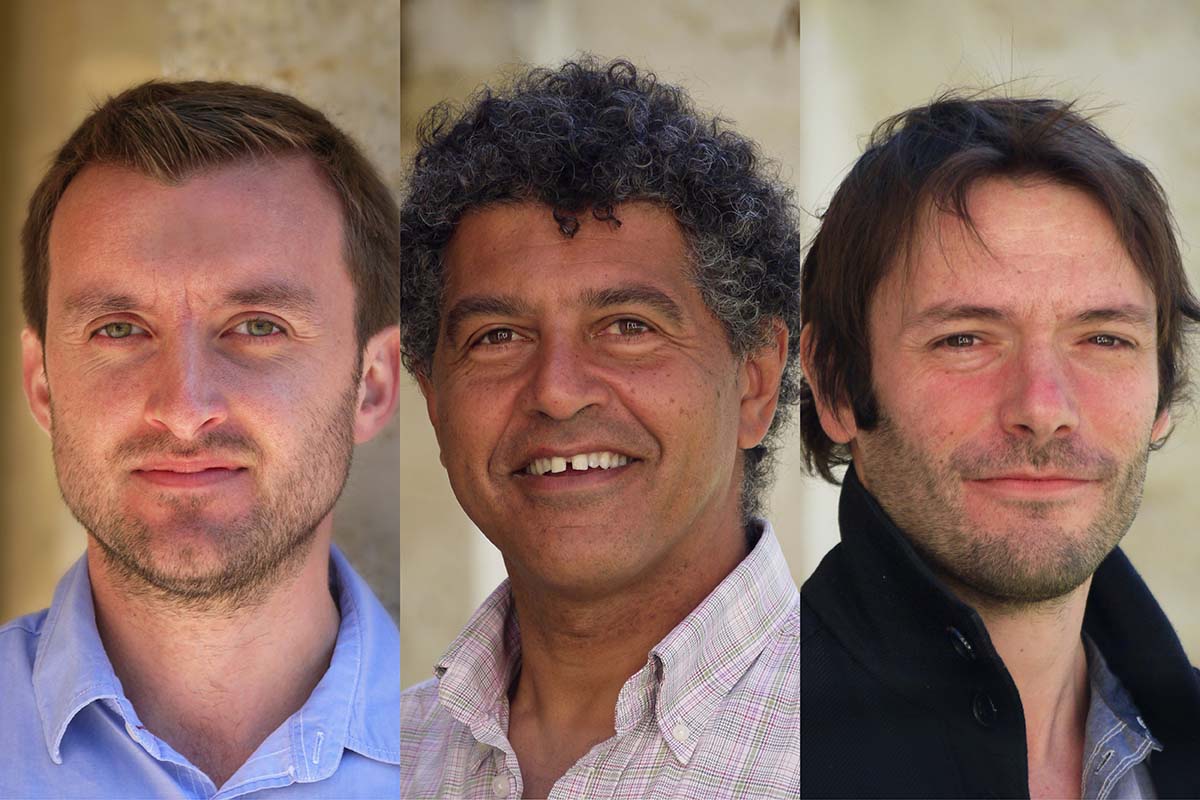SeqOne: boosting Covid-19 testing capacity
It's a small start-up with maximum results. Nicolas Philippe, founder of the Montpellier-based platform SeqOne, which specializes in genomic analysis, proposes to adapt the power of the latest generation of sequencers to Covid-19 screening. This technology could, within a few weeks, increase testing capacity in France a hundredfold. France.

From genomic analysis to Covid-19 screening, it was only a small step for Montpellier-based company SeqOne to take at the request of the Ministry of Higher Education, Research, and Innovation. Specializing in medical genome analysis, the SeqOne platform already has recognized expertise in the fields of oncology, rare diseases, non-invasive perinatal screening, and genetic predisposition research using next-generation DNA sequencing (NGS). This technology could also meet the massive screening needs for Covid-19.
More than 20,000 patients per day
"It all started with a publication released in the United States on March 20, " explains Nicolas Philippe, a bioinformatics researcher and founder of the company. " It showed that it was possible to multiplex, in other words, to analyze the DNA of several people in a single sequencing operation." The result is the ability to screen more than 20,000 patients in a single day, observing each person's viral load percentage or any mutations in the virus. This is a strategic advantage for detecting a possible resurgence of the epidemic as early as possible.
“From the outset, SeqOne’s DNAhas been to serve patients. We already work with half of France's university hospitals and all private testing laboratories,"explains Nicolas Philippe, who had to complete several steps to get SEqOne involved in the fight against COVID-19: setting up a certified platform, working upstream with laboratories authorized to test for COVID-19, and, of course, finding partners to develop the biological protocol. "This last step is currently being finalized. We are in discussions with various laboratories, includingthe Institute of Human Genetics in Montpellier. In the best-case scenario, we will be able to start in mid-June," says the CEO.
Information technology at the service of medicine
It was during his university studies that Nicolas Philippe, initially a computer engineer specializing in "combinatorial text algorithms,"discovered a genuine interest in medical care. Describing himself as"a pure product of academic research," this native of Normandy arrived in Montpellier in 2007 to write his thesis at the Laboratory of Computer Science, Robotics and Microelectronics (Lirmm, University of Montpellier, CNRS). "During my thesis, I was able to work closely with MontpellierUniversity Hospital , the CNRS , and Inserm , putting my skills to use in the service of medicine."
At the time, new DNA sequencing techniques were emerging on the scientific scene, drastically reducing the cost and time required to decode genomic material while increasing the amount of data collected, as the researcher recalls: "Genomic sequencing began in the early 2000s, but it cost several million euros and took weeks." This technical revolution paved the way for the development of genomic medicine and the optimization of healthcare.
A job well done
For seven years, Nicolas Philippe completed his thesis and postdoctoral studies abroad, never losing sight of high-throughput sequencing and winning several awards along the way, such as the Hélène Starck Prize and the Pôle BioSanté Rabelais Prize. Back in France, he continued his work with Inserm before coming up with the idea of starting his own company in 2014. Officially launched in 2017 with the support of SATT AxLR, Montpellier University Hospital, BIC, BPI LRI, the Occitanie Region, and the University of Montpellier, SeqOne now employs nearly 30 people. "Our team is very dynamic and our profiles are highly complementary. We speak only one language: genomics."